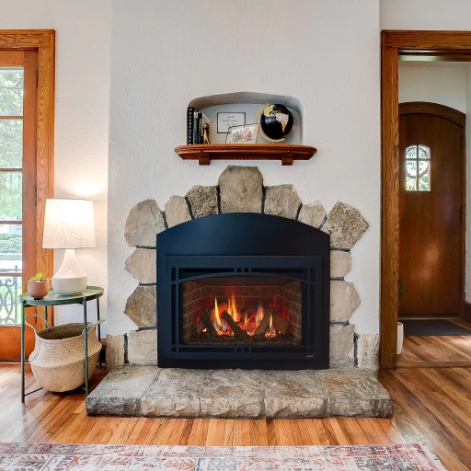Published on Dreifuss Fireplaces
Welcome to our latest video on fossil fuels for heating your home! In just two minutes, we explore the advantages and disadvantages of using fossil fuels like natural gas, oil, and coal. Discover how these traditional energy sources compare to renewable alternatives such as solar, geothermal, and biomass. Learn about the environmental impacts of fossil fuels, including their contribution to climate change and pollution, and get informed on more sustainable and cost-effective heating options for your home.
Key Points Covered:
What Are Fossil Fuels? Fossil fuels are energy sources such as natural gas, oil, and coal, formed from the remains of ancient plants and animals. They are widely used for heating due to their availability and high energy content.
Pros and Cons of Using Fossil Fuels for Heating:
- Pros:
- High energy efficiency
- Reliable and consistent energy supply
- Established infrastructure and technology
- Cons:
- Significant environmental impact
- Contribution to greenhouse gas emissions and climate change
- Finite resource with fluctuating prices
Environmental Impact of Fossil Fuels: Fossil fuels are a major source of pollution and greenhouse gases, contributing to global warming and adverse health effects. Burning fossil fuels releases carbon dioxide, sulfur dioxide, nitrogen oxides, and particulate matter, leading to air quality degradation.
Alternative Heating Options:
- Solar Heating: Uses solar panels to capture and convert sunlight into heat, offering a clean and renewable source of energy.
- Geothermal Heating: Harnesses heat from the earth’s core, providing a sustainable and efficient heating solution.
- Biomass Heating: Utilizes organic materials such as wood pellets and agricultural waste to generate heat, offering a renewable and carbon-neutral option.
Cost Comparison Between Fossil Fuels and Renewable Energy Sources: While the initial setup cost for renewable energy systems can be higher, they often result in long-term savings due to lower operating costs and reduced reliance on fluctuating fossil fuel prices.
Frequently Asked Questions About Fossil Fuels and Heating:
What are fossil fuels and why are they used for heating homes? Fossil fuels are natural energy sources derived from ancient organic matter. They are used for heating due to their high energy content and well-established infrastructure.
Are fossil fuels harmful to the environment? Yes, fossil fuels are harmful due to their emissions of greenhouse gases and pollutants, which contribute to climate change and air quality issues.
Is using fossil fuels for heating expensive? The cost of using fossil fuels can vary, but they are subject to price volatility and can be more expensive over time compared to renewable energy sources.
What are some alternatives to using fossil fuels for heating? Alternatives include solar, geothermal, and biomass heating, all of which are renewable and environmentally friendly options.
Do I have to completely stop using fossil fuels for heating my home? While it is not mandatory to completely stop using fossil fuels, transitioning to renewable energy sources can reduce your environmental impact and potentially lower your energy costs.
Can I switch from using fossil fuels to renewable energy sources for heating? Yes, you can switch to renewable energy sources. Many homes have successfully transitioned to systems like solar, geothermal, or biomass heating.
For more tips on home heating and energy efficiency, make sure to like, comment, and subscribe!
Subscribe to our channel for more videos on home heating and energy efficiency!
For more detailed information, check out our article on The Truth About Using Fossil Fuels for Heating Your Home.
Watch the full video on our YouTube channel.











































































